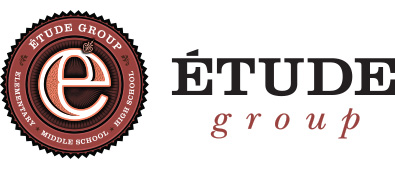In their latest project-based learning unit, third- through fifth-graders at ESAA are getting a firsthand experience in democracy. The students are examining how to develop a student government for ESAA that provides freedom, democracy and justice.
“While developing their ESAA Student Government, students have been learning about the American Revolution, the formation of the U.S. government, the Bill of Rights and Checks and Balances,” fifth-grade teacher Susan Griffiths said. “The concepts we are focusing on are freedom, democracy and justice. In this social studies project-based learning unit, students are asked to connect those understandings to what they feel might be needed when creating a government for ESAA.”
Through this project, the students will decide:
- The responsibilities of the ESAA Student Government.
- The selection and duties of student representatives.
- The scope of how representatives will interact with the principal and the lead teacher.
In addition, groups will be presenting their governance proposals to Mr. Hamm, Ms. Beattie and the ESSA community. During these presentations each group member will have a role in explaining and supporting the choices their group made in creating their governance model. In early March, students will vote on which proposal they like best and the proposal with the most votes will be enacted.
ESAA’s art, music, drama and dance teachers are also in the classroom to help guide students with this project. “They have been working with student groups to check for understanding and help facilitate peer review sessions of the governance proposals,” Ms. Griffiths said.
“I like studying government because it’s cool to see how our government works in our community,” fourth-grader Emma said. “It’s really fun creating our own government because we can choose how we want to run our school.”
Fourth-grader Leo is looking ahead to how this unit will be beneficial as an adult. “I think learning about government is a great experience because it gets kids prepared for when it comes to them voting or running for Senate or President,” he explained.
This governance framework will be in place for three years, at which time a new group of incoming upper primary students will be charged with developing their own student governments to replace and improve upon the government structures that have gone before them.
“This is based on Thomas Jefferson’s belief that the U.S. Constitution should be revisited every 20 years,” Ms. Griffiths said.

